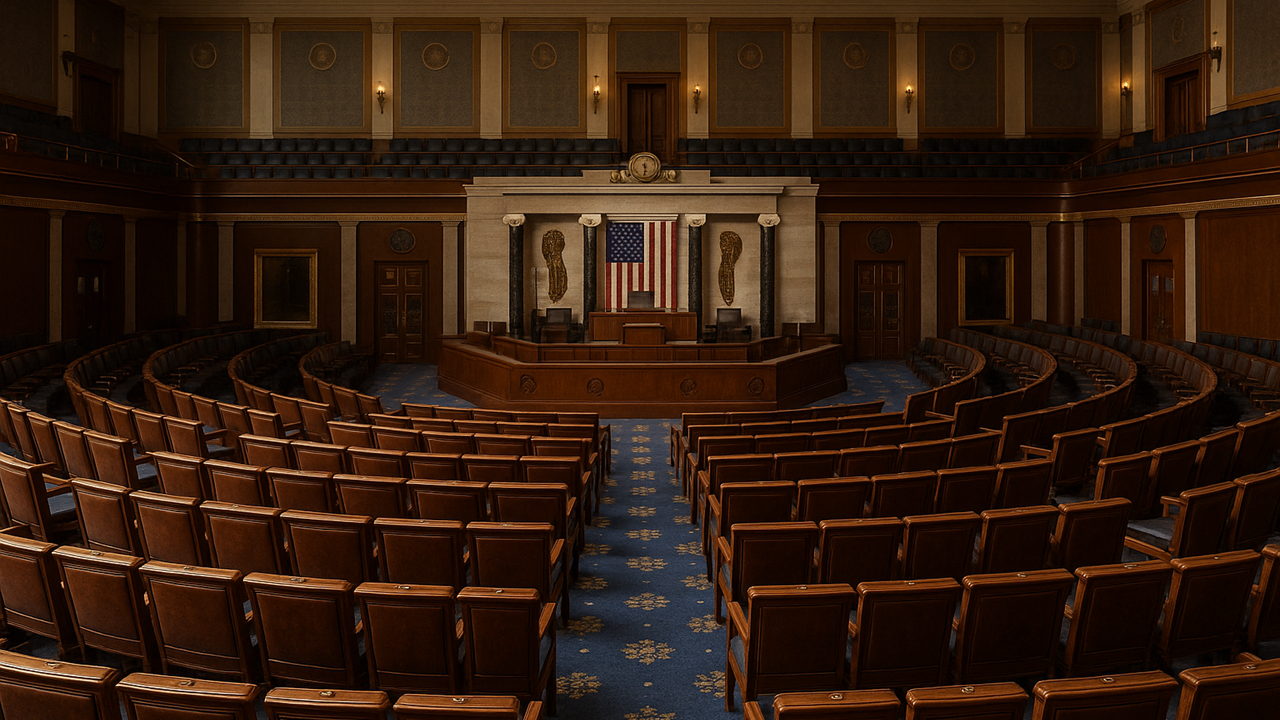Trump Signals Potential Reversal on Deportations, Citing Agriculture Crisis
WASHINGTON, D.C. — President Donald Trump stated today that the United States may need to reconsider previous mass deportations, including potentially allowing some undocumented workers to return, after his recent enforcement campaign triggered labor shortages across key industries. Speaking at a press conference following a roundtable with agricultural and hospitality executives, Trump said the deportations—part of a pledge to remove hundreds of thousands of undocumented immigrants—have had unintended fallout.
“Our farmers are being hurt badly and we’re going to have to do something about that,” Trump said. “We might have to take some of them back—those good, long-time workers, the ones who’ve done the jobs for years.” He added, “They’ve been here doing hard work, no criminal record, and suddenly they’re gone. We had to do the deportations, but farmers are desperate.”
Trump defended the broader objectives of his crackdown, reaffirming that “we will continue to get the worst of the worst criminal illegal aliens off America’s streets,” but quickly pivoted to how noncriminal migrants are essential to preserving the food supply chain. He explained, “We’re not talking about criminals. We’re talking about people who picked your salad, put food on your table.”
The press conference highlighted testimonials from farm and hotel owners describing empty fields and staffing crises, and Trump responded: “This isn’t politics—it’s real life. I don’t want to see our grain rotting, our dairy farms collapsing. We’ll find a solution.” He confirmed that an executive order is imminent: “We’re going to have an order on this pretty soon, I think.”
Internally, the administration is weighing options that might include halting deportations of certain noncriminal undocumented workers, expanding existing visa programs like H‑2A, or implementing a petition-based system allowing farmers to request rehiring of previously deported laborers. Trump emphasized pragmatism, stating, “We can’t feed the nation without these workers.”
Within hours, industry groups voiced cautious approval. The American Farm Bureau Federation said Trump’s comments were “encouraging,” particularly after it warned that nearly half of U.S. farm workers lacked legal status and continued deportations could threaten food production. Agriculture Secretary Brooke Rollins corroborated these claims, noting that Trump is “looking at every potential tool,” including expedited visas and administrative waivers contingent upon congressional consent.
However, the announcement sparked criticism. Immigration advocates expressed concern that reversing deportations simply to aid farmers devalues immigrant communities and lacks a clear legal or legislative foundation. Detractors argue Trump’s comments highlight the ad hoc nature of policy decisions driven by economic necessity rather than a considered public interest framework.
In response to the announcement, demonstrations erupted in several states. Supporters applauded Trump’s pragmatic approach, while opponents staged protests calling for a comprehensive immigration overhaul—urging Congress to legislate pathways for long-term undocumented residents.
As speculation grows, stakeholders await further details. Trump hinted that the executive order would both protect essential labor and preserve tough enforcement against criminal migration. “Balance,” he said, “that’s the key.”
This policy pivot marks a striking reversal from Trump’s earlier mass deportation efforts. It underscores the complex interplay between immigration enforcement and economic stability—and raises urgent questions about how and when such workers might be readmitted under federal law.
CEO of Jivaro, a writer, and a military vet with a PhD in Biomedical Sciences and a BS in Microbiology & Mathematics.


























